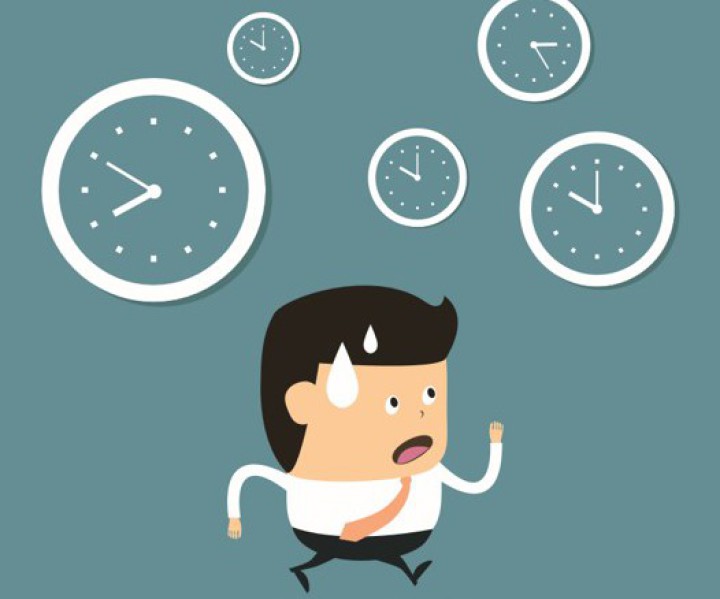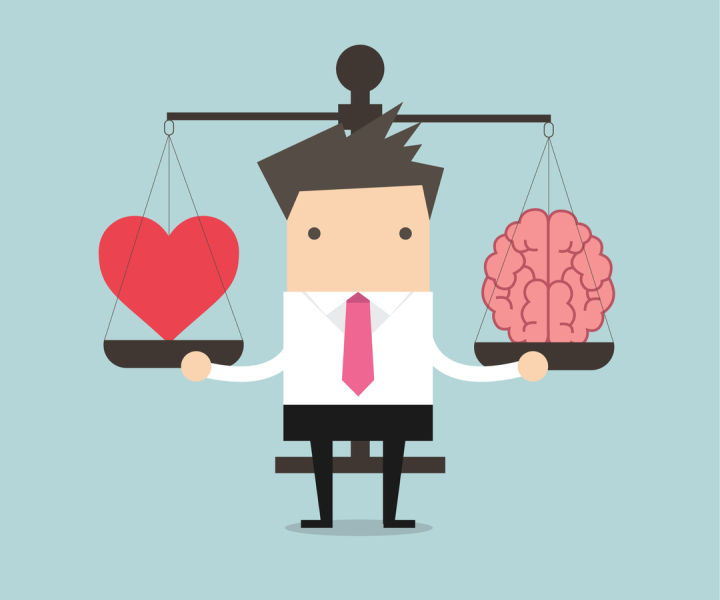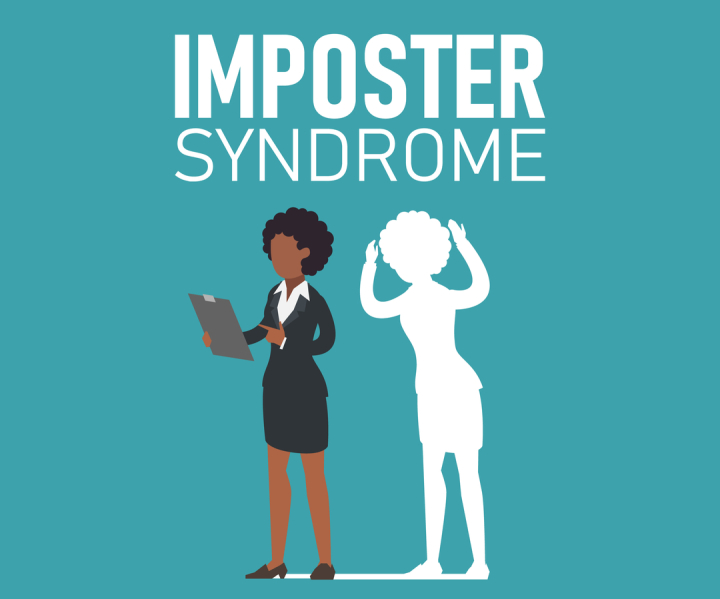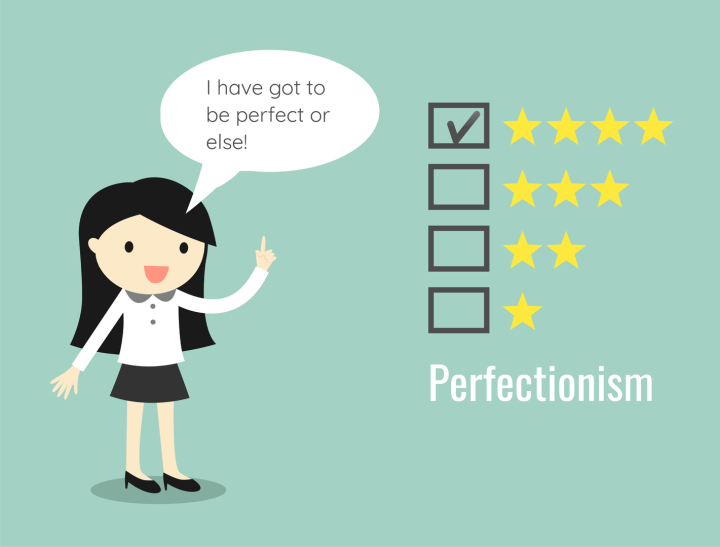Managing pressure and stress
We all know what it’s like to feel stressed. Being under pressure is a normal part of life. This workshop is looking at the impact of stress, what it is and how we acknowledge it and what we should do about it if we find we are becoming overwhelmed too much of the time. We will look at some very effective habit changes and techniques that help not only to alleviate its negative impact but also prevent us triggering our stress response in the first place.
Resilience
Emotional health is concerned with how people think and feel, how they engage with their emotions, their ability to cope with life events and how they communicate with others. Emotional Health focuses on the positive aspects of our thoughts, feelings and behaviours and in this session, we will learn the important role emotions play, how to recognise them, why experiencing different emotions is essential, how to respond more mindfully to them and how to express yourself in the most constructive way.
Mindfulness
Mindfulness is a simple, effective and enjoyable way of being more present and aware. It allows us to pause and focus on what is important. Whether it is carrying out routine day-to-day tasks or taking a break, this session is designed to illuminate the pragmatic nature of mindfulness and how it can be applied at work so that we feel calmer and more in control.
Mental health
This session intends to broaden people’s view of what mental health is, what it means to have a mental health condition and how we can talk more freely about it so everyone feels included, supported and able to live and work well. We will also look at the factors that promote recovery and wellbeing.
Imposter Syndrome
Most people experience some self-doubt when facing new challenges, but someone with Imposter Syndrome has an all-encompassing fear of being found out to not have what it takes. even if they experience outward signs of success. It appears to be particularly prevalent and intense among high achieving professionals. Here you’ll learn strategies for combating imposter syndrome, building your confidence
and feeling more authentic.
Perfectionism
This phenomenon strikes smart, successful individuals and often shows up at its worst after an especially notable accomplishment. Like any personality trait, perfectionism includes a whole spectrum of characteristics, some positive and some negative, that vary from person to person. We tend to characterise perfectionism as a negative trait in our culture, but research has indicated that there are both healthy (adaptive) and unhealthy (maladaptive) types of perfectionism. In this sesssion you will learn how to objectively assess the helpfulness of your perfectionisum and discover strategies for to manage manage it so you can be the best you can be in your career without being limited by Imposter Phenomenon.











